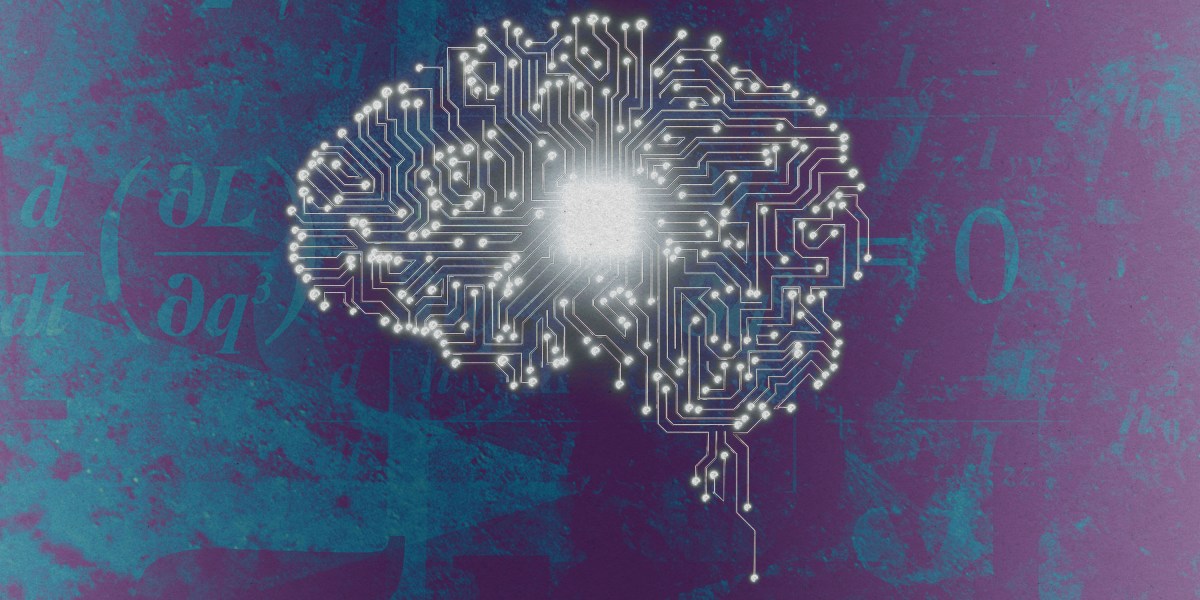
This is the second time in recent months that the AI world has got all excited about math. The rumor mill went into overdrive last November, when there were reports that the boardroom drama at OpenAI, which saw CEO Sam Altman temporarily ousted, was caused by a new powerful AI breakthrough. It was reported that the AI system in question was called Q* and could solve complex math calculations. (The company has not commented on Q*, and we still don’t know if there was any link to the Altman ouster or not.) I unpacked the drama and hype in this story.
You don’t need to be really into math to see why this stuff is potentially very exciting. Math is really, really hard for AI models. Complex math, such as geometry, requires sophisticated reasoning skills, and many AI researchers believe that the ability to crack it could herald more powerful and intelligent systems. Innovations like AlphaGeometry show that we are edging closer to machines with more human-like reasoning skills. This could allow us to build more powerful AI tools that could be used to help mathematicians solve equations and perhaps come up with better tutoring tools.
Work like this can help us use computers to reach better decisions and be more logical, says Conrad Wolfram of Wolfram Research. The company is behind WolframAlpha, an answer engine that can handle complex math questions. I caught up with him last week in Athens at EmTech Europe. (We’re hosting another edition in London in April! Join us? I’ll be there!)
But there’s a catch. In order for us to reap the benefits of AI, humans need to adapt too, he says. We need to have a better understanding of how the technology works so we can approach problems in a way that computers can solve.
“As computers get better, humans need to adjust to this and know more, get more experience about whether that works, where it doesn’t work, where we can trust it, or we can’t trust it,” Wolfram says.
Wolfram argues that as we enter the AI age with more powerful computers, humans need to adopt “computational thinking,” which involves defining and understanding a problem and and then breaking it down into pieces so that a computer can calculate the answer.
He compares this moment to the rise of mass literacy in the late 18th century, which put an end to the era when just the elite could read and write.
“The countries that did that first massively benefited for their industrial revolution … Now we need a mass computational literacy, which is the equivalent of that.”
